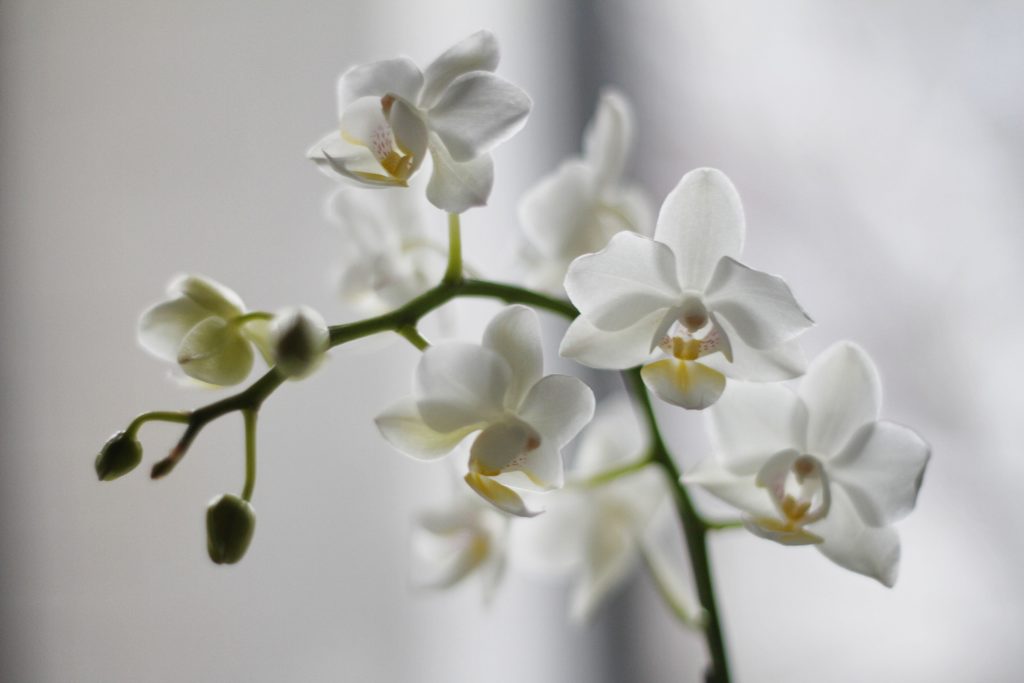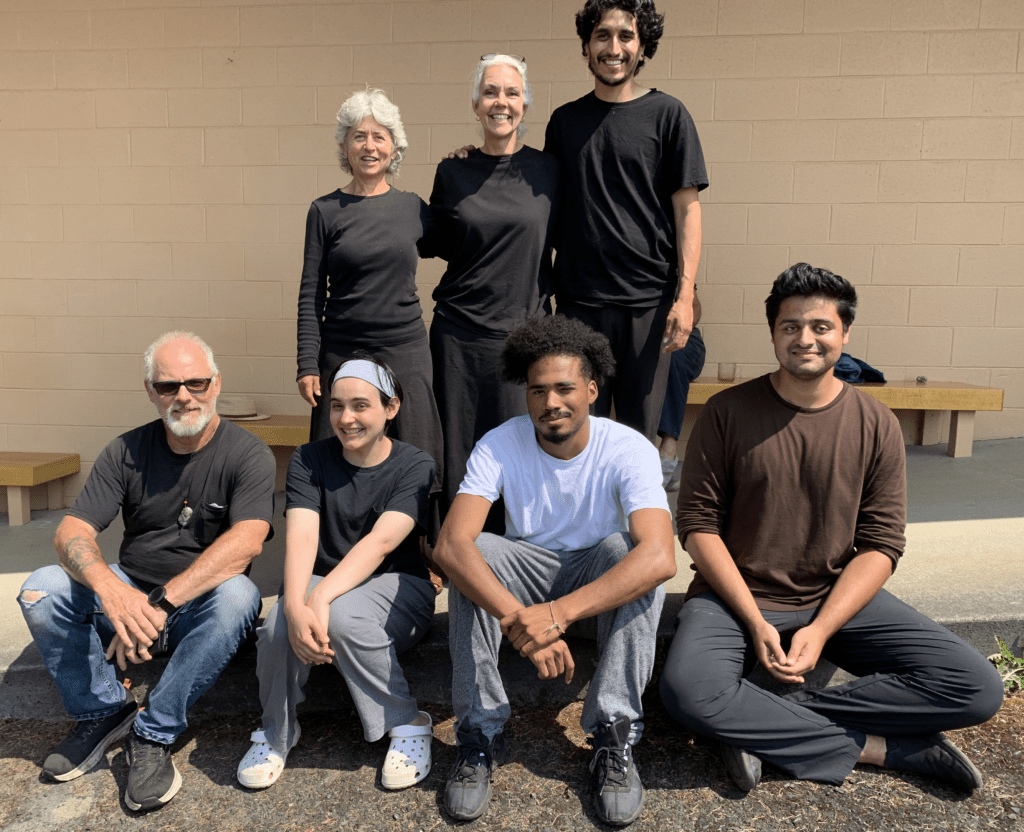Zen Practice
The fundamental practices of Zen Buddhism are zazen (meditation) and the Bodhisattva Precepts.
In essence, zazen is simply existing without grasping or aversion to our immediate experience.
Zazen is not a means to an end, but the ongoing practice of freedom from suffering. By keeping a spacious mind through whatever physical sensations, thoughts, and emotions arise, we are awake to their transparent, transforming quality and at the same time come into a direct feeling- intimacy with the texture of ourselves, Thus, we become increasingly able to flow in connection with the inevitable changes and difficulties that life brings.
The Bodhisattva Precepts are guidelines for ethical practice that embody a clear mind and connected heart animated by the intention to live a life of compassion and deep respect for all beings. The 16 Bodhisattva Precepts are:
The Three Pure Precepts
I vow not to commit evil.
I vow to cultivate goodness.
I vow to help others.
The Three Refuges (Three Treasures)
I take refuge in the Buddha.
I take refuge in the Dharma.
I take refuge in the Sangha.
The Ten Grave Precepts
I vow not to kill, but to cherish all life.
I vow not to steal, but to respect that which belongs to others.
I vow not to misuse sexual energy, but to be honest and respectful.
I vow not to lie, but to speak the truth.
I vow not to misuse drugs or alcohol, but to keep the mind clear.
I vow not to gossip about others’ faults, but to be understanding and sympathetic.
I vow not to praise myself by criticizing others, but to overcome my own shortcomings.
I vow not to withhold spiritual or material aid, but to give freely when needed.
I vow not to unleash anger, but to seek its source.
I vow not to speak ill of the Three Treasures, but to cherish and uphold them.
Jukai is the process and public ceremony of taking the 16 precepts, committing to practicing them in everyday life. People take jukai after some years of practicing with the community, establishing a relationship with one of the teachers, and taking part in sesshin.
Introduction to Meditation
Investigating Zen Practice Retreats
Zazenkai
Beginner’s Mind Retreats
Sanzen: Meeting With a teacher
There are three essential elements for successfully practicing at home:
space, time, and community.
Set Aside a Space
Home practice is greatly enhanced if the meditation space is dedicated to meditation. Ideally in this space no other activities take place, and it remains undisturbed when not in use. Of course this isn’t always possible, but it is very powerful. Another important element is cleanliness. The act of cleaning the meditation space is a reminder of the importance of meditation, and the ever-returning dust speaks of the necessity of returning to meditation again and again.
An altar can bring power and dignity to a meditation space. The various items on the altar are placed there because they have meaning, and serve as reminders of spiritual aspiration. Common items for an altar are a small bowl of fresh water, a small bowl with rice or some other food offering, fresh flowers, an incense bowl, a photo of a teacher or inspiring person, and a spiritual image. There are no rules for a home altar, but it should be kept clean and tidy. Fresh flowers are a wonderful addition to an altar; be sure to change them when they begin to wilt.


Decide How Much Time to Meditate
Home meditation practice is well served by consistency and it is helpful to meditate at the same time every day. Choose a meditation time that is reasonable, preferably when interruptions are unlikely. Many people wake a little early to meditate first thing in the morning, another common time is just before bed. Some people meditate on lunch break, or at other quiet moments in the day.
It is important to meditate for an amount of time that can be done daily. Choose a length of time that is unquestionably possible, rather than one that feels like a stretch. It is better to meditate for five minutes per day than for one hour every week. Of course when the meditation period ends it’s fine to continue meditating. This should be done with a mind of enjoyment and appreciation, rather than a sense of “should” or obligation. Once a time of day and length of time have been decided and established, commit to that schedule. Making a firm commitment allows meditation practice to become a habit, rather than something that is done only when it’s convenient.
Meditate with a Community (Sangha)
Sitting with a sangha is a great addition to a home practice. Sangha is a reminder that there are many, many people in the world who also believe that meditation is important, and are willing to commit time and life energy to the practice. The experience of meditating with a sangha is different than sitting alone, and this difference is very interesting and revealing. A sangha is also an environment to connect with other people, some who are inspiring and some who are challenging.
The ZCO sangha includes teachers, and interacting with a teacher can be a great catalyst for spiritual practice. A sangha also offers an opportunity to benefit others with the fruits of meditation. Listening attentively or supporting someone in need are great gifts to share, and enhanced by meditation practice.

